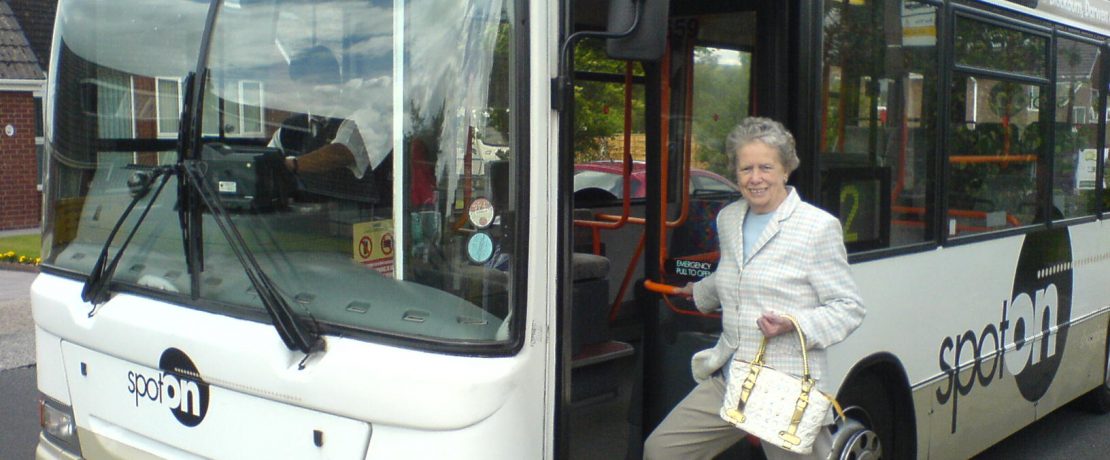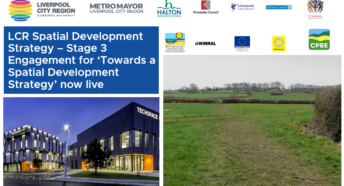Community needs must come before viability in new housing developments
In light of the current lack of funding in local councils for the provision of new infrastructure, it’s more important than ever that developers pay an adequate amount to ensure that new developments are in line with the Local Plan.
We wrote to Burnley Council in response to the Developer Contributions Supplementary Planning Document (SPD) consultation and urged for an appropriate amount of developer contribution to ensure new developments respond fully to local plan policies, including affordable homes, school places, school buses, play equipment, health care, trees, and the like. New neighbourhoods should be sustainable. This is particularly important in the current financial climate, as there is no other source of money to make up for shortfalls in community infrastructure accruing from new development.
Recently local people in Cliviger were baffled when the Council officers appeared to ask for a lower level of developer contributions due to the imposition of a ‘viability cap’. Luckily due to local pressure, the developer self-imposed an increase in its contribution, including for ‘off-site’ affordable housing. However, in future this is surely a matter for the SPD to assert rather than being at the developer’s behest.
We also wrote to the Royal Institute of Chartered Surveyors as it is currently updating its own guidance on Developer Viability. In both instances, we highlighted the legal judgment in case of [2018] EWHC 991 (Admin), which formally established that land value must be informed by policy, and consequently, it is not acceptable for a Council to grant permission for an application that is deficient in developer contributions. Land values have hiked in recent times and land owners and developers have reaped the rewards while local authorities have had their power weakened in regards to development control. The judgement means community infrastructure requirements as set out in local plans must be adhered to, and the profit of developers must be more fairly balanced so community infrastructure is better catered for.
Jackie Copley, Planning Manager said “We kept seeing development decisions focus on scheme viability over community needs. But now, this important ruling means developers must now adequately cover the costs of community facilities in order to be granted approval. It is right that communities should expect adequate community infrastructure.”
Provision of public transport is variable across Lancashire, the Liverpool City Region and Greater Manchester, with rural areas tending to be particularly poorly served. CPRE recently released a report which found that more than half of small towns in south west and north east England are, or could soon become, ‘transport deserts’ – places with no options for convenient and affordable public transport.
Poor public transport makes our countryside less sustainable for everyone. It can also make rural life impossible for those who don’t have access to a car. Visit https://www.cpre.org.uk/news/transport-deserts/ to read the report and see CPRE’s recommendations.








